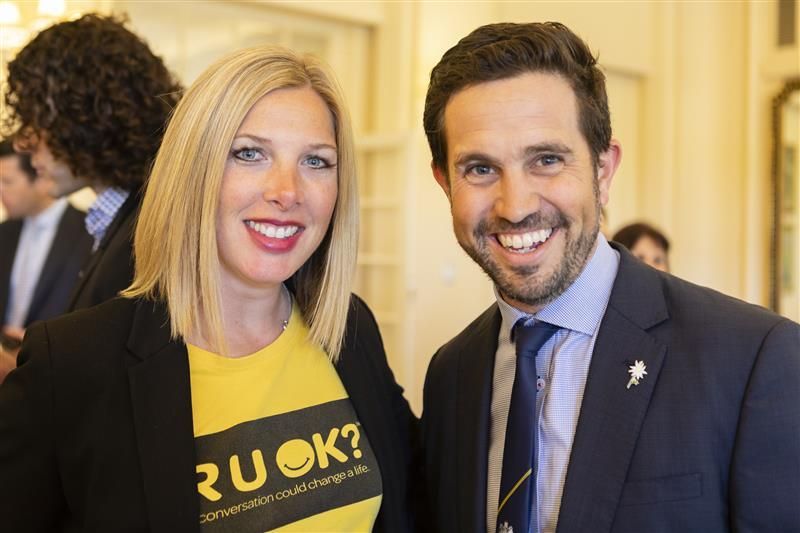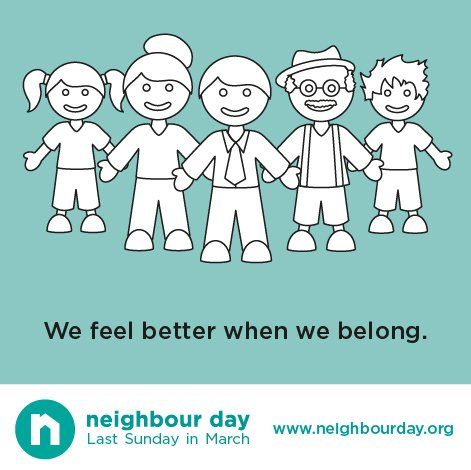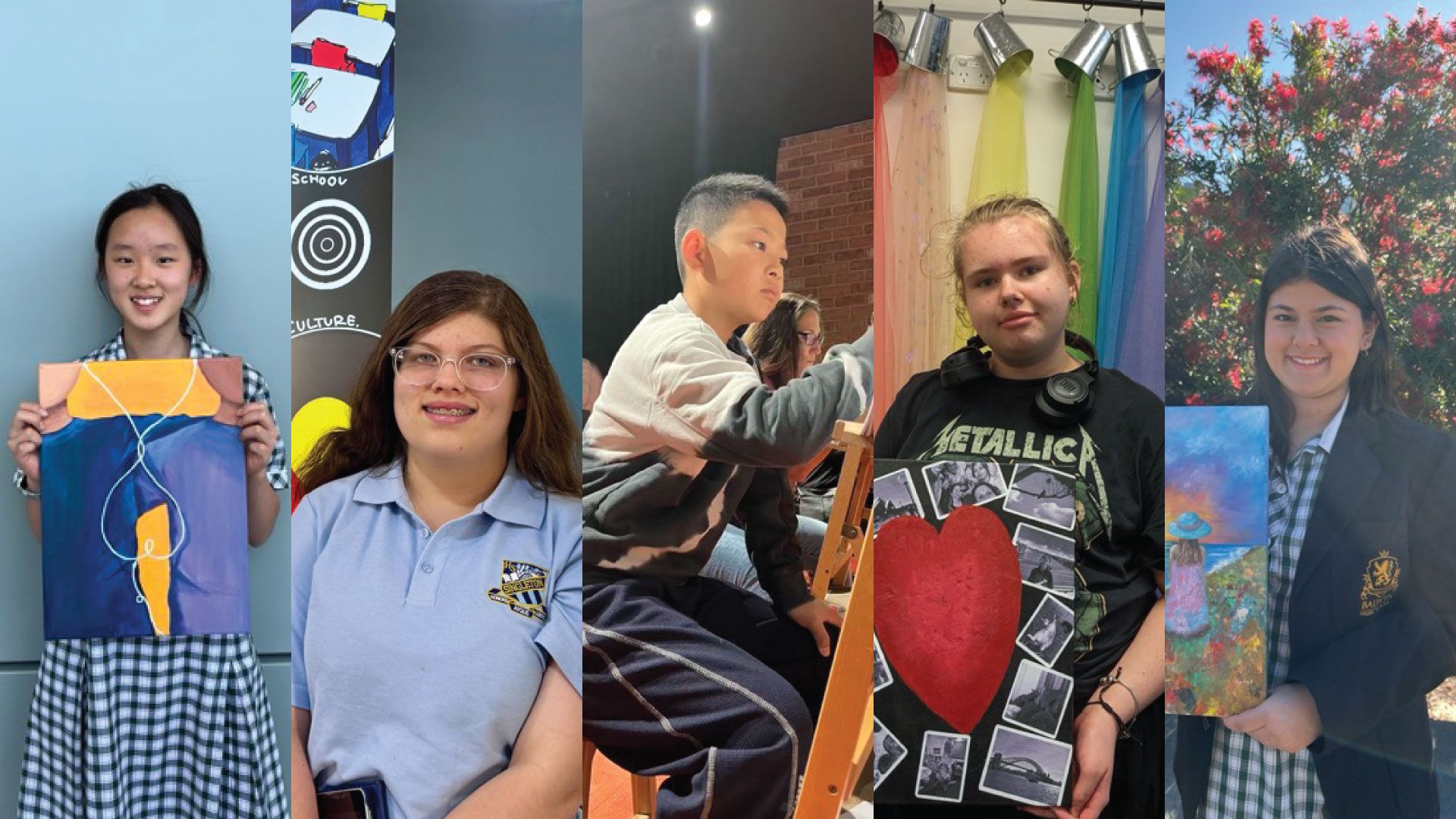The community you want starts at your front door
Did you know people living in neighbourhoods that are highly connected enjoy, overall, higher levels of physical and mental health?
That’s why today, we’re encouraging you to join us in getting behind Australia’s annual celebration of community and connection – Neighbour Day. This year’s theme is ‘loneliness – what can neighbours do to create connections.’
In the lead up to this year’s Neighbour Day on Sunday, March 31 we’re encouraging you to find ways that you can create meaningful connections with your neighbours to help end loneliness of Australia.
What are the benefits of reaching out to your neighbours?
Good relationships with neighbours can change communities and have a positive effect on everybody within the community. Other benefits can include:
developing new friendships
feeling an increased sense of security
being able to ask your neighbour to keep an eye on your home, collect your mail or feed your pet while you're away on holidays. Even give you that extra egg or cup of sugar when you need it.
Why is social connection in your neighbourhood so important?
We know social connections are good for our mental and physical health but sadly as we get older our social network can shrink and the risk of feeling lonely increases. By taking time to reach out to older people who may be feeling socially isolated you can change this. We all feel better when we belong and getting involved in Neighbour Day's a great place to start.
If you reach out to a Neighbour and they aren’t ok, what can you do?
Starting the conversation is a great first step. To help them out, try these simple steps:
1.Ask R U OK? Find the right time and place and start a conversation
2.Listen with an open mind. Don’t try and fix the problem. Instead, let them know they’re not alone and you’re there for them
3.Ask some question that can help them identify possible next steps
4.Check in - Stay in touch and ask how they are again soon
For more suggestions, visit: https://ruok.org.au/how-to-ask
What can you do to create connections this Neighbour Day?
R U OK? Is encouraging all Australian’s to get involved in Neighbour Day on Sunday 31 March 2019. It can be as simple as a few friendly words across the back fence. If you are feeling like taking it a step further and being a true legend, you could invite an elderly neighbour for a cuppa, organise a community get together, or make an effort to stop for a chat with someone when you’re walking the dog.
You can access free material to help you organise a successful Neighbour Day event – including posters, invitations, connection cards, selfie signs, flyers and helpful tips here.
If you’re hosting an event, be sure to register on the Neighbour Day website.























